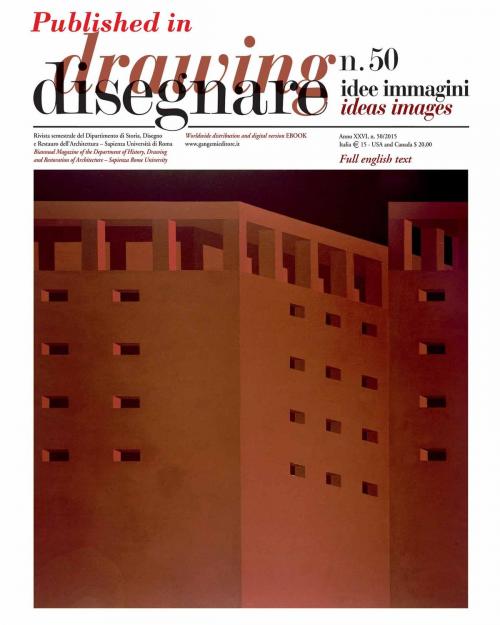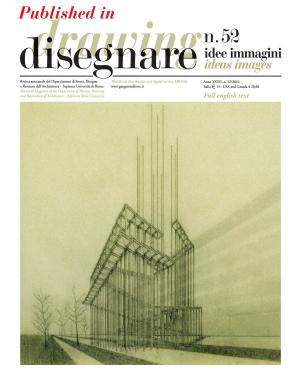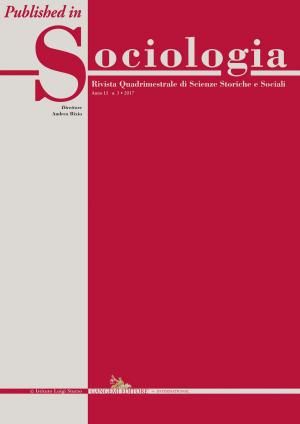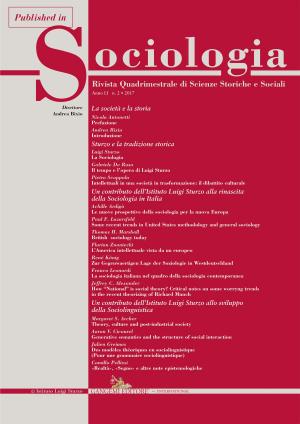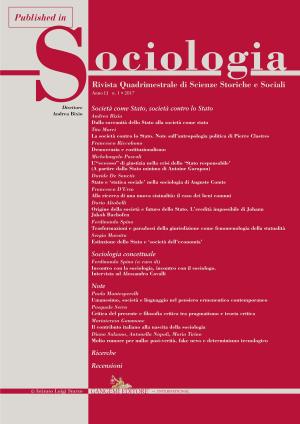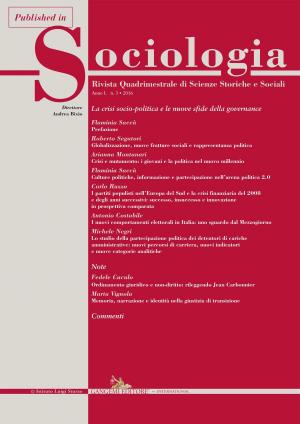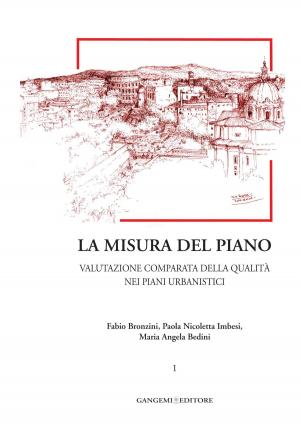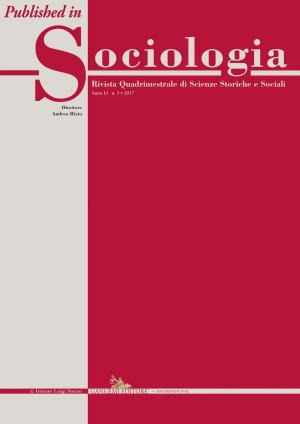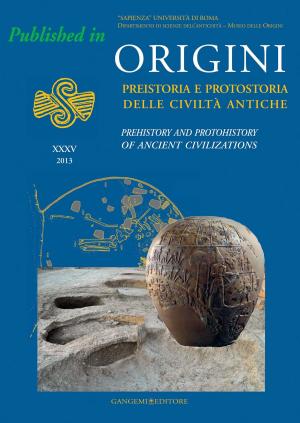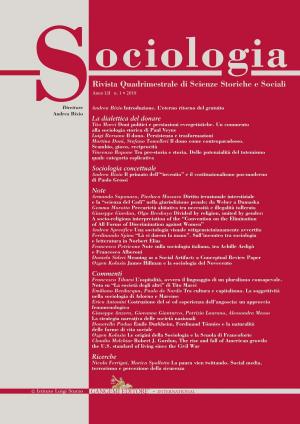Perché rappresentare l’invisibile? Information Technology, spazio dell’informazione e nuove sfide per il progetto e la rappresentazione | Information Technology, information space and new challenges for design and representation
Published in Disegnare idee immagini 50/2015. Rivista semestrale del Dipartimento di Storia, Disegno e Restauro dell’Architettura “Sapienza” Università di Roma | Biannual Magazine of the Department of History, Drawing and Restoration of Architecture
Nonfiction, Art & Architecture, Architecture| Author: | Antonino Saggio | ISBN: | 9788849212761 |
| Publisher: | Gangemi Editore | Publication: | April 26, 2015 |
| Imprint: | Gangemi Editore | Language: | Italian |
| Author: | Antonino Saggio |
| ISBN: | 9788849212761 |
| Publisher: | Gangemi Editore |
| Publication: | April 26, 2015 |
| Imprint: | Gangemi Editore |
| Language: | Italian |
Lo spazio che tradizionalmente percepiamo come un vuoto popolato da entità fisiche è diventato nello sviluppo del pensiero scientifico uno spazio denso, pieno, e soprattutto manipolabile concretamente attraverso una serie di sensori che creano dei ponti tra quello che vediamo e quello che non vediamo. Scopo del saggio è offrire un contributo a quanti affrontano o avranno intenzione di affrontare il tema della rappresentazione dell'invisibile nel tentativo di coglierne non solo la rilevanza teorica, ma anche l'utilità per gli sviluppi dell'architettura. | As our knowledge evolves the space we traditionally perceive as empty space filled with physical entities has become a dense, solid and above all physically manipulable space thanks to a series of sensors that create bridges between what we see and what we don't see. This paper is intended to help those who tackle, or wish to tackle, the topic of representing the invisible; it also provides information about its theoretical importance and how useful it can be in the evolving world of architecture.
Lo spazio che tradizionalmente percepiamo come un vuoto popolato da entità fisiche è diventato nello sviluppo del pensiero scientifico uno spazio denso, pieno, e soprattutto manipolabile concretamente attraverso una serie di sensori che creano dei ponti tra quello che vediamo e quello che non vediamo. Scopo del saggio è offrire un contributo a quanti affrontano o avranno intenzione di affrontare il tema della rappresentazione dell'invisibile nel tentativo di coglierne non solo la rilevanza teorica, ma anche l'utilità per gli sviluppi dell'architettura. | As our knowledge evolves the space we traditionally perceive as empty space filled with physical entities has become a dense, solid and above all physically manipulable space thanks to a series of sensors that create bridges between what we see and what we don't see. This paper is intended to help those who tackle, or wish to tackle, the topic of representing the invisible; it also provides information about its theoretical importance and how useful it can be in the evolving world of architecture.
